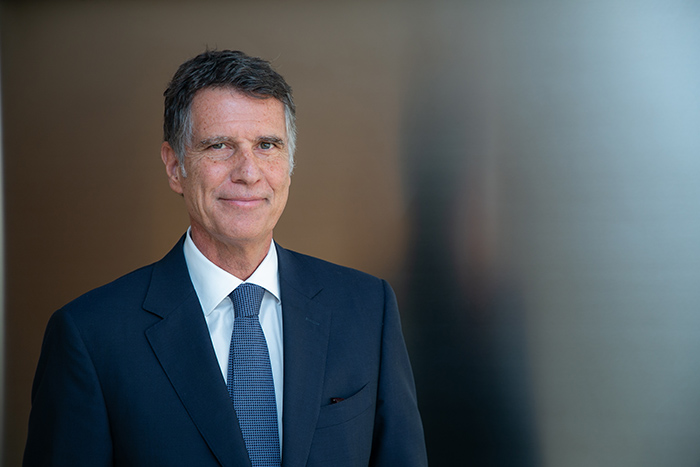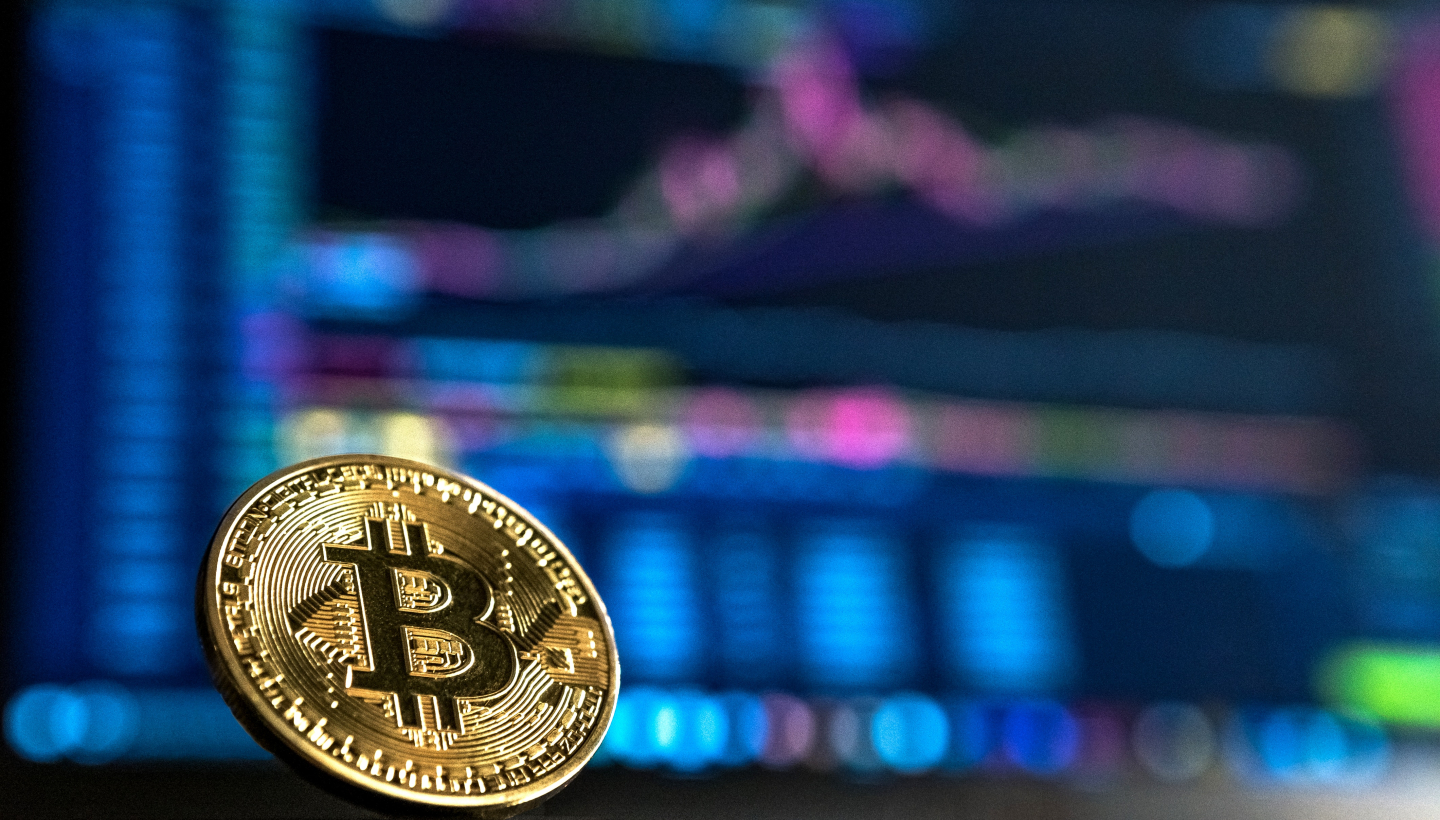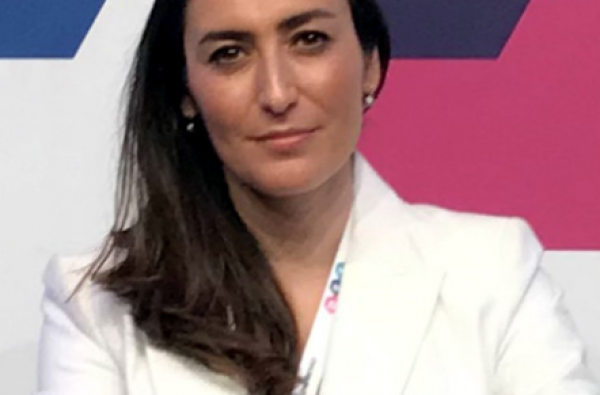For the CEO of Banco Sabadell, Jaume Guardiola, the conversational assistants will provoke a transformation similar to that of mobile phones. Although he believes that artificial intelligence will gain more weight in the sector, he assures that the human touch will continue to be essential.
Improve services through artificial intelligence (AI), harness the potential of blockchain technology, and offer customized products for each customer from the analysis of large amounts of data. These are some of the ways in which the CEO of Banco Sabadell, Jaume Guardiola, has promoted the adoption of new technologies in the company. But the search for inspiration in the fintech to modernize the ways of working could not be left out.
Despite the profound transformation that traditional banking is undergoing, Guardiola defends the importance of maintaining human contact with the customer in the physical offices. The person in charge affirms: "In my opinion, the future of the offices depends on adapting their role and evolving from service centres to personalised management centres, where they can live the brand experience". He adds that the company's great challenge is to remain true to its mission while adapting to changes in society.
Every year MIT Technology Review publishes a list of 10 technologies that can change the world. This year's list includes artificial intelligence conversation assistants. How is Sabadell addressing the emergence of AI in banking at all levels?
There is still a long way to go in the development of artificial intelligence in our sector, but it is already giving us tangible results in terms of efficiency, productivity and customer experience.
We are using AI to develop prediction and prescription models that allow us, among other things, to detect in advance which customers are being disconnected from our entity or to define the optimal basket of customer products according to their moment of life. We also use it as a lever to improve the efficiency of our processes.
With regard to conversational assistants, this is a field in which we are still working, but I believe that it will be very transformational in the bank-customer relationship model. In the same way that mobile banking was, at the time, a disruption of this model, the conversational assistants will also be.
AI and new technologies in general lead to less and less face-to-face relationship with customers. Do you consider it a disadvantage to lose direct contact with users?
I believe that we are not losing direct contact with users, quite the opposite. In fact, we've never interacted as much with customers as we do now. Just one example: currently our mobile banking users connect with us an average of 22 times a month.
New technologies make it easier for customers to interact with their bank and allow them to interact with us whenever, however and wherever they want.
One of the technologies selected by MIT Technology Review in 2018 was a technique to guarantee privacy in blockchain. How is your industry preparing for the use of blockchain technology and to address the digital privacy challenge of your customers?
Blockchain testing in our sector focuses on issues where there are many intermediaries, lack of knowledge between the parties and traceability is required. One example is international payments. Digital identity and privacy is another area of major interest.
Precisely in Banco Sabadell we are actively participating in a project to create a digital identity with which to validate suppliers and avoid duplication of processes between companies. This project is being carried out in the surroundings of Alastria, the leading European consortium in blockchain, in which more than 400 Spanish companies participate and in which Banco Sabadell occupies a vice-presidency.
When talking about a chain of blocks, it is impossible not to think of cryptocurrencies like Bitcoin. What do you think of the boom and the promises of this new form of money?
Private cryptocurrencies such as Bitcoin have failed to meet the requirements usually associated with currencies: to act as a means of exchange, value and account. The lack of a central authority has resulted in a system that lacks the agility to handle substantial volumes of transactions.
Looking at their use, I think it is more appropriate to talk about crypto actives rather than crypto devices. An asset which, moreover, has the added problem of high volatility in its price.
Bitcoin, however, has highlighted the need to develop a solution to money for the digital world. It is an issue that several central banks are beginning to study, although I believe that any implementation is, today, a little distant. What Bitcoin has shown us is the usefulness and potential of blockchain technology.
These new technologies, such as blockchain and artificial intelligence, are favouring the entry of companies into sectors to which they traditionally did not belong, such as purely technological companies. How is your company preparing for the entry of fintech?
A few years ago at Banco Sabadell we created Innocells, our digital business hub. Innocells indirectly invests in third party funds and develops collaboration agreements with financial start-ups. In this way, it acts as a digital observatory and radar of the fintech ecosystem for the bank, and allows us to access new business and talent opportunities.
Innocells has also made strategic acquisitions for the bank that have allowed us to incorporate new value propositions in the means of payment and financing business.

What should be the relationship between fintech and traditional banking to maximize win-win?
At the beginning, both fintech and the banks had a competitive vision of our relationship, but I think it is proving that collaboration is the best way to maximize the benefits of both.
Banks bring scale, resources and the trust that millions of customers have in us. For their part, fintech brings fresh air to the financial sector, teaches us new, more agile and collaborative working methodologies and is a source of talent attraction.
How have you put this learning into practice?
We have already adopted Fintech's own dynamics, such as transversal teams, which offer less complex structures and much more agile and transparent, generating rapid learning, continuous experimentation and constant innovation.
For example, we have adopted methodologies of design thinking and agile in the development of new products and services that allow us to speed up the process of creating and launching new services, and at the same time better adapt to customer needs.
Massive data is also changing the relationship between banking and the customer. How are you using it in Sabadell?
Banks have a huge amount of customer data. The use of these data (always with your consent) allows us to better understand your needs and offer you a personalised proposal. In addition to developing models based on artificial intelligence, the use of data also allows us to carry out personalised micromarketing campaigns.
Another interesting use is the one we have applied to Blink, a line of digital insurance that we have recently launched: we use the knowledge we have of our clients to design a personalized insurance offer in terms of coverage or price.
Do you think that in the future there will continue to be bank branches or will all the formalities be done via the Internet?
It is evident that digitalization makes people come to the offices less and less and, therefore, the whole sector is adapting, to a greater or lesser extent, the size of its network to the digital era.
But I don't think the offices are going to disappear. The human touch is essential for a business like banking. I am sure that even the client who never goes to an office, the day he has to make a major decision, such as taking out a mortgage, will want to go to one, look his manager in the eye and be able to talk face to face about something so important for his future.
To innovate is a duty for any company and a deep internal transformation is needed. As CEO, how are you facing these challenges in your organization?
In an environment that changes as fast as we live, one of the main challenges for our organization is to ensure that we adapt quickly to these changes.
To achieve this, it is important to understand and anticipate the needs of customers and the market, in order to develop and evolve the internal capabilities of the workforce through training, internal mobility, and so on. Logically, this has to be complemented with the incorporation of talent for those profiles that cost more to develop internally.
And, of course, we have to evolve our ways of working. I have already mentioned how we are adopting more agile methodologies. This means building multidisciplinary teams, having shared objectives and developing a leadership style more oriented towards people and transformation. They are profound changes, affecting the whole organization, and starting with top management and myself.
How do you imagine Sabadell 10 or 20 years from now?
It is difficult to venture how we will be in 10 or 20 years given the speed at which our business, competitors, technology, and society, in general, are changing. I don't dare predict it. But I am sure that there are two things that are not going to change. The first is that people and companies will continue to have financial needs to cover. And the second is that customers will continue to value security, trust and expert attention as key attributes of their financial provider.
I am convinced that, in essence, we will continue to be the same old bank. A bank faithful to its mission which is to help people and companies make their projects a reality, anticipating and taking care of them so that they can make the best economic decisions.
By Editors of the MIT Technology Review in Spanish



